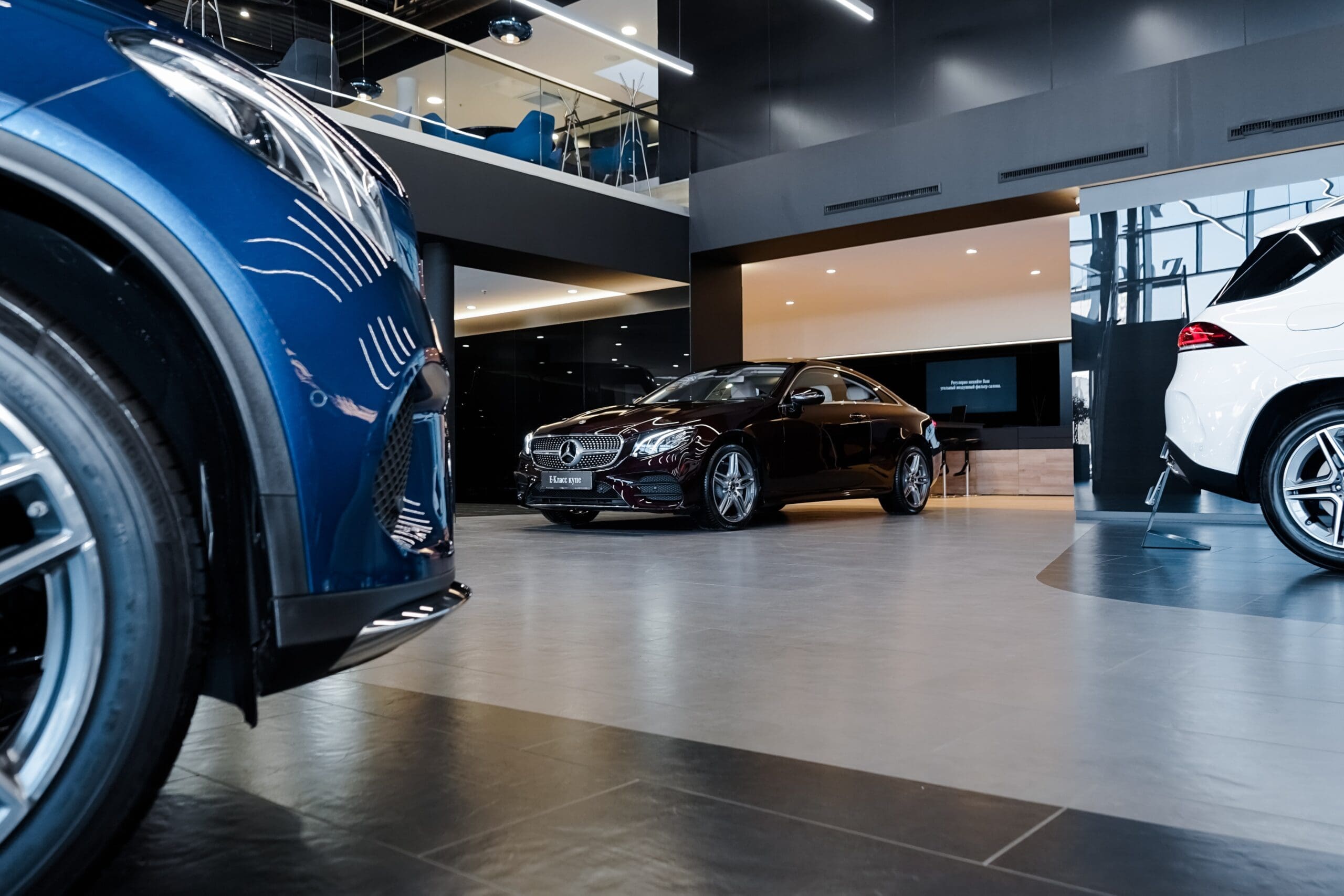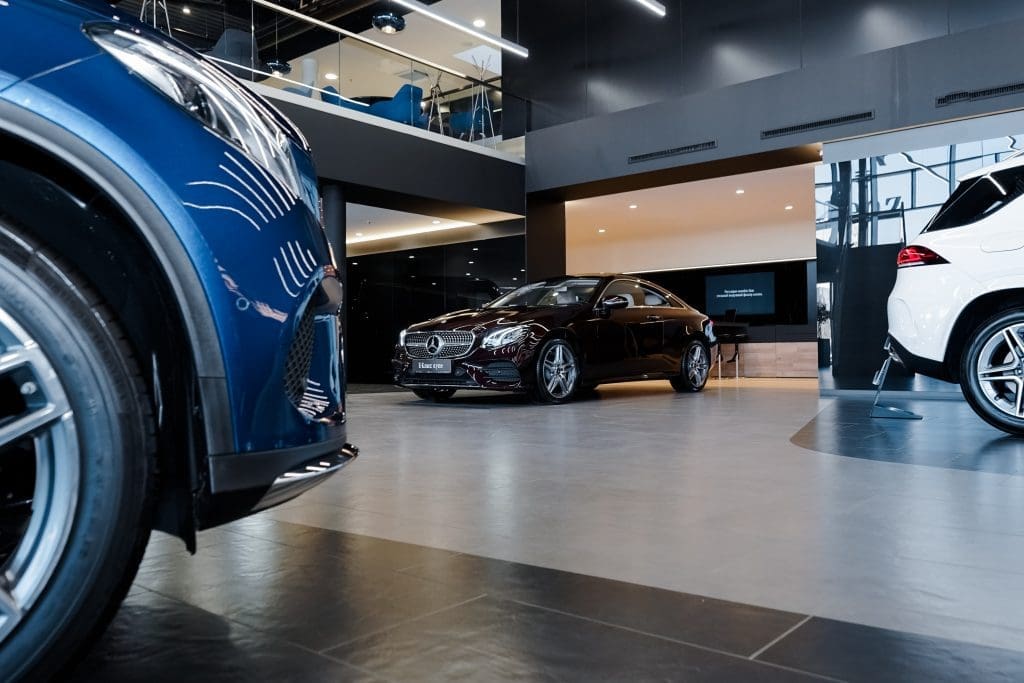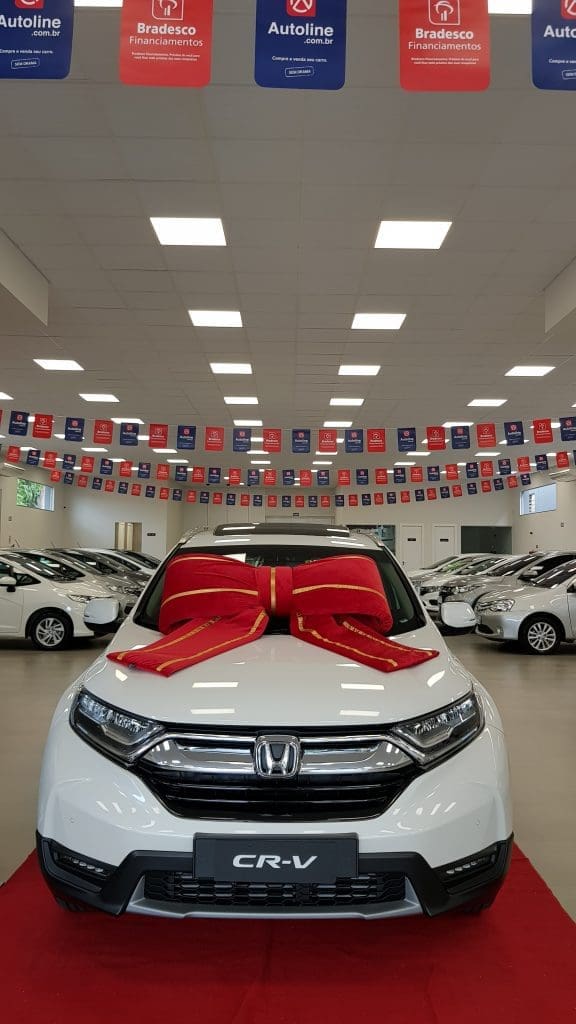

Are you ready to buy a car? These are the costs you should prepare for
Buying a car is pricey, and there are often additional costs to consider beyond the listed price. Some can be a shocker if you’re not ready for them. It’s essential to do your homework to ensure that you make a smart investment when planning to buy a car. Here are some extra costs that you may face when you buy a car.

Paying for the car
Now that you are ready to buy a car the first and most visible cost of buying is the monthly payment on an auto loan – that is, if you paid for the car by vehicle financing. Although certain individuals may be paying cash for their ride, others prefer to cover the expense by taking out a car loan.
The larger the down payment you make, the less money you’re going to need to borrow. Having a down payment will also reduce the payment and the overall amount of interest you spend on the loan. Many lenders may ask you to make a bigger down payment if you have poor credit, or if your loan-to-value ratio, the amount you intend to borrow compared to the value of the car — is too high.
Whatever the case, unless you have paid the entire sum in cash, you will have to schedule your monthly payment or face losing your new vehicle. If a new car is out of your price range, you can reduce the amount you spend, and thus your monthly payments, by opting for a used car instead of a new one. There are plenty of great options out there and they can be excellent value for money. A quick search for “used cars wales” for example, should bring up the many sites in your area offering a wide range of used cars.
Gas
Everybody understands that gas is a vital aspect of car ownership. However, sometimes people are surprised to discover that they spend $100 or more a month on gas alone.
You might be likely to spend less depending on the car and the distance you drive every day, but even $100 a month adds up quickly. There are many cars out there that get a decent gas mileage, so be sure to consider that when you’re looking at the type of car, you can buy.
Car insurance costs
While car insurance coverage is not compulsory in New Zealand places, it is important to invest in it. When you can be left with hundreds or thousands of dollars in repair costs in an accident, you have to pay from your pocket. So, at the very least, try taking Third Party insurance on your vehicle to deal with other people’s auto claims where you’re at fault.
Luckily, you can do some comparison shopping to find the best plan for your budget and personal needs.


Maintenance and repairs
Whether you like it or not, you have to schedule repairs and maintenance. It is a smart idea to follow the manufacturer’s recommendation for routine service to prevent costly roadside repairs. Yet that will add up to the costs as well. Not so much if you were driving a brand-new car.
Of course, the figure might be multiplied if the car is slightly on the old side. Just how much you pay will depend on your situation again. If you take care of your engine, repair costs are likely to be lower. Though, if you’re into customizing your car, it’s a different story. Whether if its just cosmetic or performance parts like LS serpentine kit, intakes, etc.— you should be ready for its own costs.
If you live in a harsh environment, it’s usually going to be higher. Another aspect is performing routine repairs on your own versus taking the vehicle to a garage.
Vehicle registration
When you buy a car, you are expected to register it and pay an annual registration fee. The amount varies, but in New Zealand, it’s generally less than $300. This usually involves admin costs and additional payments. You will also be required to obtain a Fitness Warrant to verify the roadworthiness of your vehicle.
You can look at the cost in your area to see how much you are expected to pay. You would also have to pay the car purchase tax and meet the license plate bill’s expense. Usually, these are one-time payments that you pay in advance. Fees vary by country but are typically nominal. Such charges constitute less than 5% of the cost of ownership.
Depreciation
Depreciation is the decline in the value of the vehicle over its useful life. Depreciation is the single most important cost of owning a vehicle. A car will lose between 20 to 30 percent of its value in the first year. In the next five years, you should expect a depreciation of between 15 to 18 percent annually.
Depreciation depends on the car’s characteristics: gross miles, make, model, and condition. You can figure out how much your car has depreciated by deducting its resale value from your paid amount.
Incidental costs
These are all the additional costs of owning a car and typically would include parking fees, maintenance costs, and toll charges.
Saving money when you own a car?
No matter how much you spend on your car every year, you can always spend less. While reducing all transport expenditure is not feasible or realistic for most people, some measures can be taken to keep the costs down.
For example, if you don’t drive all the time, renting a car could be perfect for you.
Also, if public transport goes to where you ought to go, you should strongly consider its advantages. Not only will someone else drive, but using public transit will also reduce the monthly maintenance and car expenses by a large amount.
Buses and taxis, trains, subways, and car-sharing all provide fairly cheap alternatives to driving to work, and you don’t have to pay for their maintenance.
Also, new vehicles normally come with service contracts and warranties. They are typically for a fixed time or mileage and expire when any of these limits are reached, but most service plans and warranties usually last for 3 years/100 000 km and can be extended by paying a one-off fee. A warranty and service plan will help you save on maintenance and repairs for the warranty duration, which ensures that you pay less on repairs.
Conclusion | Ready to Buy a Car
The quoted price of a vehicle is only one factor to consider when calculating a car’s total cost. Expenses such as insurance coverage, petrol, and repairs will increase the monthly costs. Before you buy a car, do some research to get a feel of possible costs and help make sure you adhere to your car budget, so that you don’t incur more expenses than you can handle. Now you are ready to buy a car!



